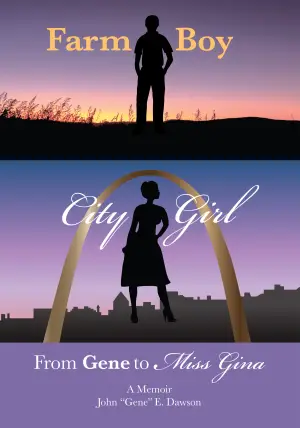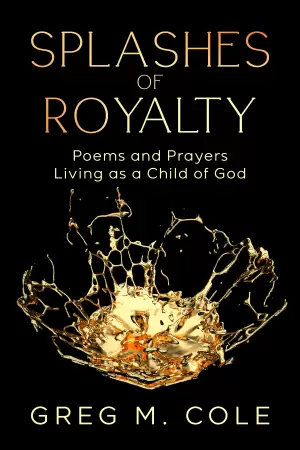Untangle Your Emotions: A Compassionate Guide to Understanding Our Feelings
I’ll be honest: the title Untangle Your Emotions: Naming What You Feel and Knowing by Allen caught my eye immediately. If there’s one thing I’ve learned on my own emotional journey, it’s that unprocessed feelings can become tangled, leading to a bit of chaos in our hearts and minds. As someone who used to resist counseling (shoutout to my life-changing experience with Queen Libby!), reading this book felt like a warm invitation to embrace the complexity of feelings that God designed us to experience.
In Untangle Your Emotions, Allen masterfully weaves compassion and practicality throughout the pages. The book serves as an accessible guide for anyone—especially Christians—who grapples with the notion that emotions are simply obstacles to rational thinking and doing. Allen challenges that narrative by emphasizing the importance of feeling, naming, and processing our emotions. This perspective is crucial, particularly in a culture that often stigmatizes emotional awareness.
What struck me most was how Allen presents emotional health as an integral part of our spiritual journey. He dives into relatable scenarios, providing tools that encourage readers to reflect on their emotional landscape. There were definitely moments where I wished he’d explored some themes further; I yearned for deeper dives into emotional complexities, yet I still appreciated how approachable his writing unfolded. The pacing felt just right for reflection while keeping me engaged—an essential combo for integrating heavier themes.
One of the standout moments in the book is when Allen states, “Emotions are the language of the soul.” This quote resonated deeply with me, encapsulating the idea that our feelings are not to be dismissed or judged but embraced as vital communication from our innermost selves. Such clarity is refreshingly needed in discussions about emotional health, especially within faith communities.
I found myself nodding along, recalling my own journey of battling the misconception that counseling was for “other people”—not realizing it was a crucial step to discovering a fuller, richer life. Allen’s insights aren’t just for those who find themselves overwhelmed with feelings; he speaks to anyone who desires a more integrated existence. Whether you’ve ever thought that emotions were just “getting in the way,” or you’re someone who navigates their feelings like an expert, this book offers something for everyone.
By the end of Untangle Your Emotions, I felt hopeful. Allen’s approachable style and relatable anecdotes encourage meaningful conversations around emotional health, a topic I believe desperately needs more attention and understanding within Christian communities. It’s easy to view emotions as nuisances or distractions, but they can also lead us to greater empathy and connection with ourselves and others.
In conclusion, I wholeheartedly recommend this book to all believers, especially those who are apprehensive about seeking help or understanding the depth of their emotional lives. It’s a great read for anyone wanting to experience life more fully. As I closed the book, I felt gratitude for the journey laid out by Allen and hope that it inspires others to untangle their emotions and embrace the beautiful complexity of being human. Happy reading!
Discover more about Untangle Your Emotions: Naming What You Feel and Knowin… on GoodReads >>













